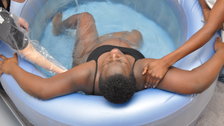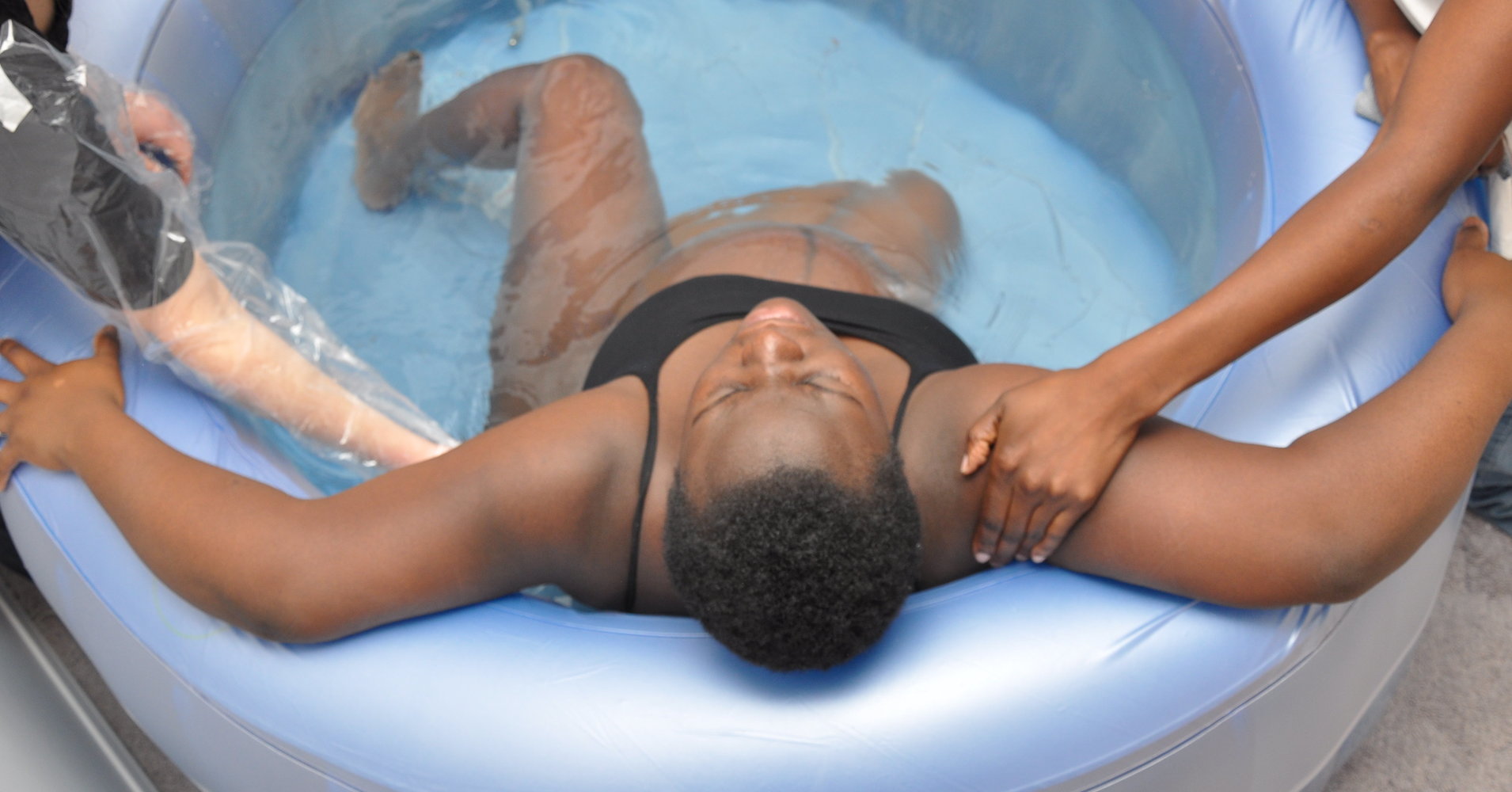[ad_1]

In recent years, there has been an outpouring of articles on America’s black maternal health crisis, each highlighting the stark realities that pregnant women of color uniquely face. Indeed, black women in America are three to four times more likely than white women to die because of pregnancy-related issues. Black babies in America have more than double the infant mortality rate of white babies.
Solving such an urgent, persistent public health crisis means addressing a web of societal, political and health-related forces that make childbirth a life-and-death proposition for too many black moms. But researchers and policymakers are looking for ways in.
One potential solution? Simply ensuring that every woman who wants one can access, and pay for, a doula — essentially, a person who is on-hand throughout a woman’s labor (and often pre- and postpartum) to provide emotional and logistical support. Though doulas are not trained medical professionals, studies suggest they can help improve health outcomes. Women who have a birth doula are less likely to have a low birthweight baby, and they’re less likely to experience a birth complication.
HuffPost spoke with Regina M. Conceição — who founded A Passion For New Beginnings, a New York City-based doula collective, and also works with a Brooklyn-based community doula program — about how making doulas more widely accessible could help move the needle for black moms.
People often paint doulas as an extravagance or kind of an out-there hippie thing. I imagine you don’t agree with that. Can you tell me why?
I don’t! Doulas are so crucial for maternal health. We provide education, support and empowerment. We are helping women advocate for themselves and get better maternity care.
I believe all women should have a doula if they want one. I believe doula care should be accessible to women in marginalized communities, and that they should be able to access doula services for free. Unfortunately, many people cannot afford it, so hiring a doula can still be more of a white woman thing or for people of color who have a lot of money.
And how much does it matter that black moms be able to hire black doulas?
I think we need more providers of color across the board, so women have the option of working with a person of color if that’s important to them. Because it can be comforting to see someone who understands your lived experience. Of course, just seeing a provider who is a person of color does not mean they’re going to provide great care — but I do think it’s all about options.
Teaching providers to really listen to women — especially black women — can saves lives. An example: a hospital where I attended a birth last year would not allow a perfectly healthy pregnant mother in her early 20s get out of her bed to empty out her bladder — they gave her a bedpan. The hospital also didn’t allow me to use my peanut ball, which is ridiculous. She was confined to her bed, waiting on pain relief she had requested, for more than four hours. I asked why she couldn’t get up to use the toilet, and was told it was hospital policy, because the “population we serve is very high risk.” I asked, is this patient high risk? Because I believe she is not. And what you are doing is practicing fear-based medicine, not evidence-based medicine. She ended up having a C-section delivery 14 hours later due to failure to progress that I believe might have been avoided if she was allowed to move her body at all.
New York recently announced a pilot program that will expand Medicaid coverage for doulas for women in certain parts of the state starting March 1.
It’s a start! I’m glad there’s a program like this, but I’m not that happy with the reimbursement for doulas. It’s $510 for seven visits and the birth. That’s nothing. A lot of doulas I know are not going to be able to apply to be providers because they wouldn’t make enough money to support themselves.
That’s my fear: that not enough doulas will sign up, and then the pilot isn’t going to be a success and people will think that having doulas doesn’t help women, so they won’t try to expand this program or do it again.
How much do you think doulas should earn?
I would say at least $1,000 for a doula who has five or more years of experience. Community doula programs that help women get a doula for free are often able to pay their doulas more using grant funding.
The fact that there is a pilot program like this in New York, though, does seem to suggest people are more aware of the potential benefits doulas provide. Do you feel like that’s true?
I’ve been doing this since 2000, and I’d say it depends. I think a lot of OB-GYNs have seen the media coverage of maternity care in this country, and they’ve done some really deep reflecting on how they’re treating women. So yes, a lot of providers are more open to working with doulas now than they were before.
The kind of treatment women get is not consistent at all, and that’s the key. It sounds so simple, but we need for it to be standard that pregnant people are treated with dignity and respect, and that their providers really listen to them.
This conversation has been edited and condensed for clarity.
[ad_2]
Source link

